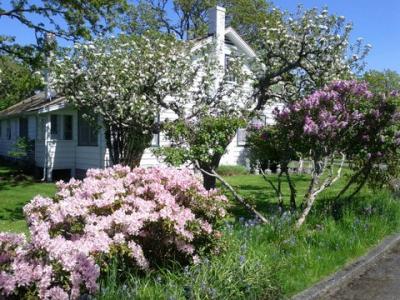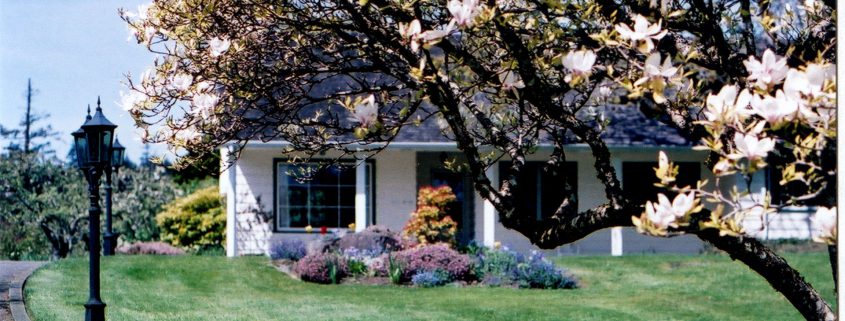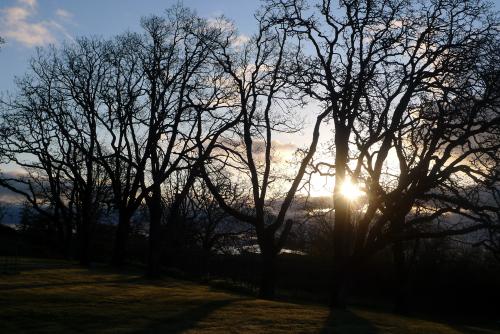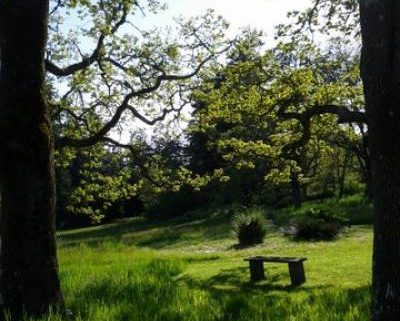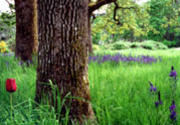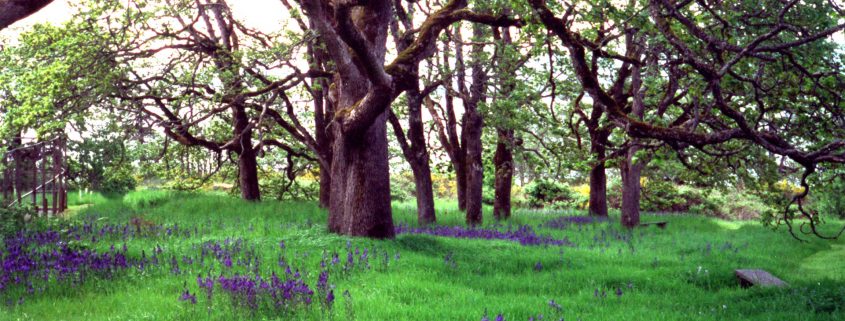We are the World Weekend Retreat at KECC
August 17 – 19, 2018
This retreat was focused on the frequent statement of J. Krishnamurti that we are the world and the world is us. The intent was to look at the state of the world, with special attention to a few specific aspects directly experienced by the facilitators, and to question what is the correct action to be taken in the face of the dangers we are currently facing such as climate change, the proliferation of nuclear weapons and nuclear radiation in the environment, and the abuse of aboriginal peoples, to mention but a few. In what way are we responsible for these problems and what can we do to make a difference? Three doctors, Chanda Siddoo Atwal, Melissa K. Nelson, and Hillary Rodrigues gave presentations over the weekend concerning their areas of particular interest. The retreat participants then engaged in group “dialogue” to explore collectively how to approach these huge challenges which threaten both human well-being and survival as well as that of the other species and manifestations of life on this planet.
The introductory “talk” on Friday evening was attended by 25 people, facilitators included. Brief descriptions of the topics were offered as well as an outline of “Dialogue”, the mode of shared exploration to be employed over the weekend. The group then entered into a dialogue for the rest of the evening. This set the rhythm for the weekend, which unfolded in a similar way over the three days. The quality of the participation was remarkable high, as there was a level of attention and presence which allowed for deep sharing of thoughts, insights, and feelings about the topics being explored. Some of the information shared about what has been and is going on in our world was shocking to many participants. It was realized that such knowledge has been widely suppressed by those in power who have benefitted from the denial of and insensitivity to the harm they are inflicting.
The first evening and the Saturday were perhaps relatively more focused on the situation in the “outer” world. On Sunday the attention turned more to the possible causes of the problems within ourselves and how they emerge from our “inner” state of consciousness, which often acts on the basis of fear and violence. Hillary led us in considering the actual truth or falseness of the “We are the world” statement. Using a collection of quotes from Krishnamurti’s talks and writings, we looked at what it might mean to experience the statement not merely as a concept, but as a reality – if it is such a fact.
The workshop was felt to be quite intense and challenging by many of the fifteen who stayed for the whole retreat, but also there was a great sense of sharing in a way which supported us to “be ourselves” and to express without being judged or evaluated. This was felt to be a very significant aspect of the experience and one important element of the “action” that is required in meeting the realities of human conflict and the destruction of life. Chanda summarized the event by saying that she felt something very important had taken place and that we should meet again next year to delve further into the issues and be part of a necessary transformation of consciousness.

